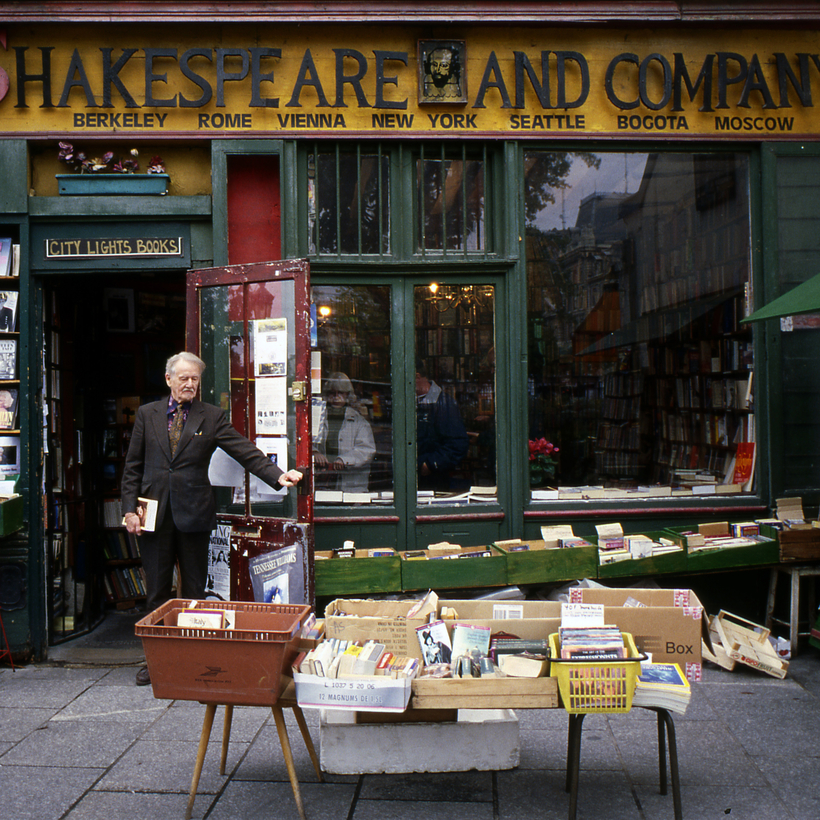Few names loom larger in Paris’s literary imagination than Shakespeare and Company. In the bookish nooks of this Left Bank store, writing careers have been forged, romances ignited and wide-eyed tourists introduced to something of la vie bohème.
A decade ago, when I began visiting my new boyfriend (now husband) in Paris, he wooed me in the piano room of the grotto-like store, where hardback biographies are stacked like the Manhattan skyline and shop tabby Aggie is often to be found curled up in a warm spot behind the door. On the recommendation of one of the shop’s enthusiastic young staff we would buy novels, English originals, or translations of French books. Then we would stroll along the Quai de Montebello, fancying ourselves as F Scott and Zelda Fitzgerald (they were part of the scene at Shakespeare and Company in the 1920s). Or we might while away afternoons in the shop’s first-floor library, where books are famously not for sale and there are views through cracked windows of Notre Dame framed by cherry trees. It seemed like the vestige of an older Paris; a Paris that always put art above profit.

